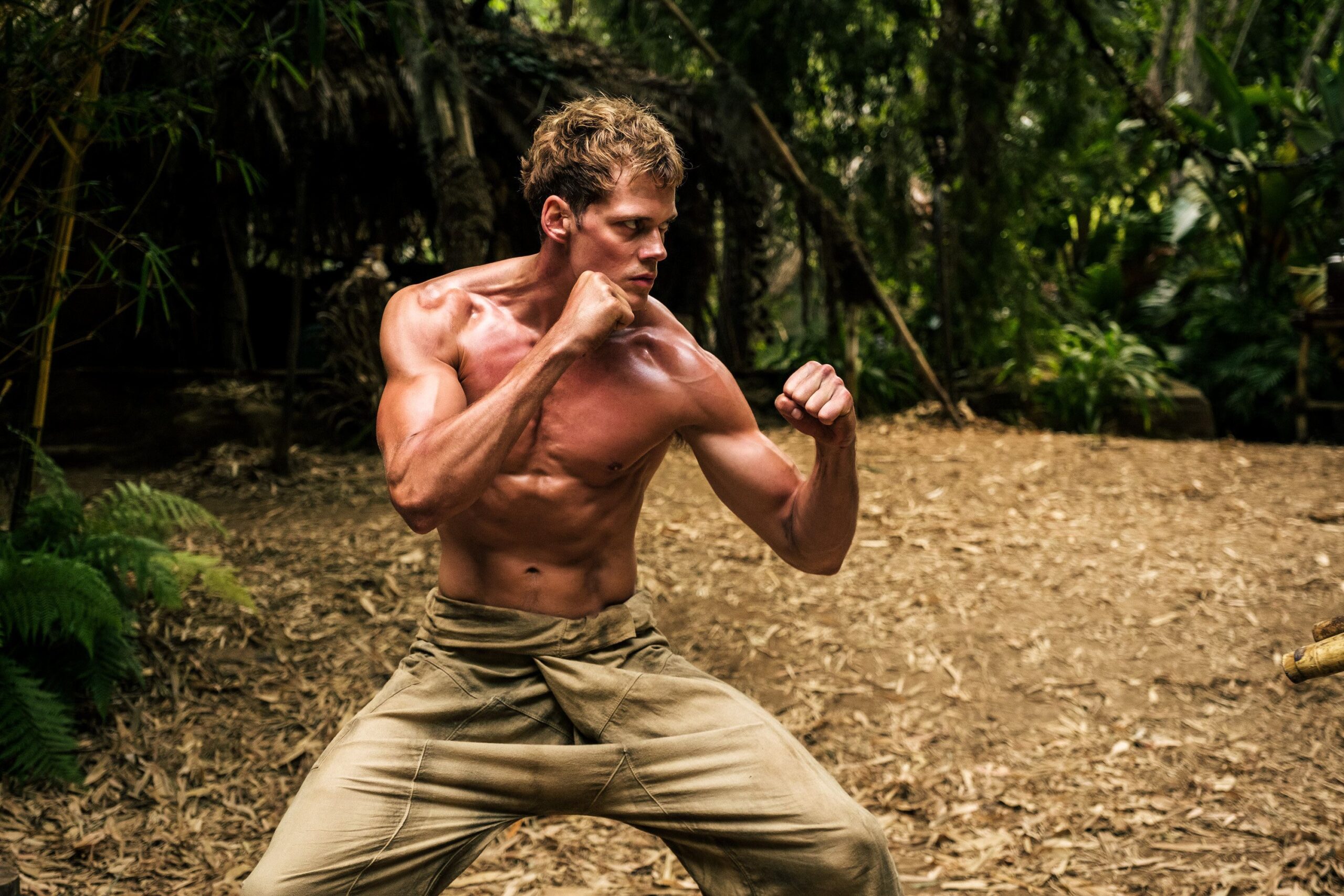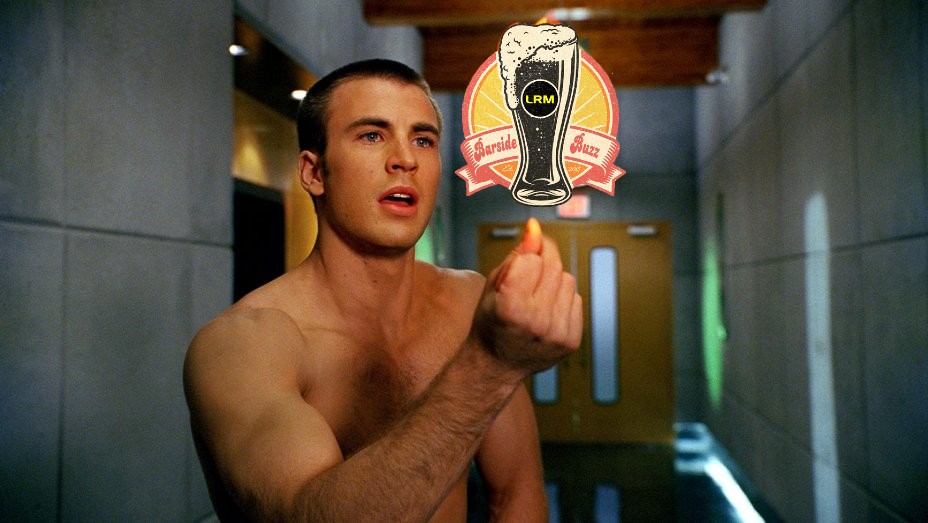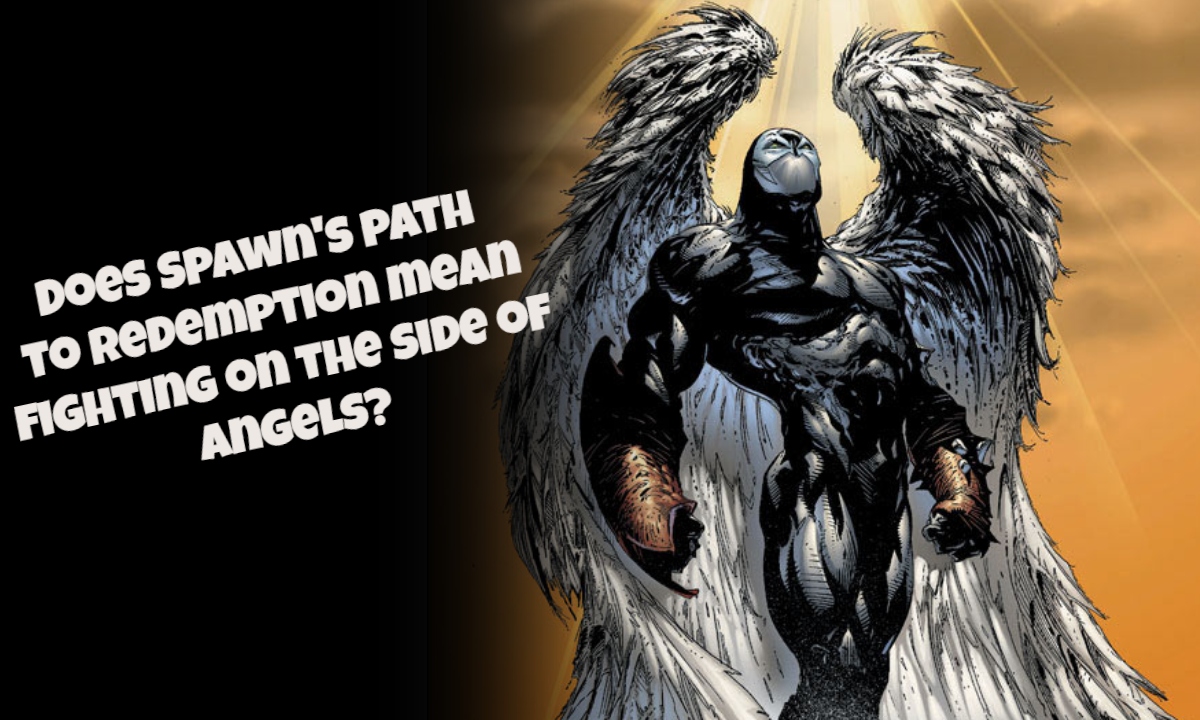It’s a Valentine’s Day disappearance.
Amazon Prime featured six episodes of a program based on Joan Lindsay’s iconic Australian novel called Picnic at Hanging Rock. The limited series is about the mysterious disappearance of three schoolgirls and one teacher on Valetine’s Day in 1900. The series revolves around the ensuing investigation that had the event impacted the students, families and staff of Appleyard College and the nearby township.
Natalie Dormer (Game of Thrones) is the lead actress as the enigmatic headmistress Mrs. Hester Appleyard. The rest of the cast includes Samara Weaving (The Babysitter), Madeleine Madden (High Life), Lily Sullivan (Camp), Lola Bessis (Swim Little Fish Swim), Yael Stone (Orange Is The New Black), Anna McGahan (Underbelly), Sibylla Budd (The Secret Life of Us), Ruby Rees (Miss Fisher’s Murder Mysteries) and Inez Curro (Little Heart).
LRM sat down with Lily Sullivan and Lola Bessis in a picnic setting in Beverly Hills earlier this week to discuss about the series, feminism, clothing and contrast to the film and book.
Picnic at Hanging Rock is currently playing on Amazon Prime Video.
Read our interview transcript below:
LRM: To get started, can you tell us a little bit about your character?
Lily Sullivan: The way to describe Miranda would be a tomboy. She definitely would prefer to be on a horse than a carriage. I feel like, out of all the girls, she’s probably the one that has tasted water quality could be like in that era for young women. She grew up on a farm, four brothers, and is a dreamer. I think a young woman that just does not fit in a time that is not all kind to women.
Lola Bessis: I would say that, to me, most of the characters don’t fit like the female characters. That’s also what this show is about. [It’s] learning to be truly yourself and not trying to just be what society is expecting from you. So my character is, at first, very professional. She’s French. She came to Australia because her family died from an epidemic. She came to take care of a little girl who eventually died as well. It’s pretty sad. She gets this job at the Appleyard College, which is a boarding school for women. It’s her only family in Australia. It’s very important for her. She loves her job. She’s a very professional teacher. She’s also the one who’s close to the girls in terms of age. She’s just a little bit older than the girls and she’s the nicest to them, et cetera. So at first, she was just nice and professional. What I love about the character is that she gets to evolve a lot and learning that she doesn’t have to be nice all the time. She can express herself and do whatever she wants.
LRM: No offense, but I think your character definitely takes the movie. You pretty much just totally like evolved so much. Your character is very interesting to me.
Lola Bessis: To me and since we’re doing this together, that’s actually what I told myself in order to build a character. I think Mademoiselle was in admiration of Miranda. I mean that’s not in the script, but that’s how I saw it. I think we all kind of in admiration of Miranda. But, Irma, for example, she’s different. I mean she wants to get married. She’s from a very wealthy family. She has her own dreams. Mademoiselle, she could be Miranda, but she’s not ready. Towards the end, she becomes closer to Miranda is. And just, I love that.
Lily Sullivan: Not Judging yourself and the idea of freedom within yourself in that mental capacity, which is definitely what the show [is about]. It’s not about the ending. Life isn’t about the ending. There are no answers in life really. So I feel like you drop into this mystery and this town lacks identity or any form of [it]. We so badly trying to search for that with colonization is the backdrop in Australia that had no sense of self and a bunch of people trying to create this reality. The show just becomes this simmering nightmare and feverish dream of people breaking down from the idea of the unknown. Where these girls went? What is out there? What is next? Who am I? With Miranda is that she’s the catalyst for that you are your own worst enemy or that you do set your own parameters for yourself.
Lola Bessis: I also think that you say is really true and what you live is in a nightmare. It can’t get worse.
Lily Sullivan: You paint that nightmare.
Lola Bessis: It makes you more free, because you’re not scared anymore. It’s already the end of the world.
LRM: Now you can take the risk.
Lily Sullivan: Totally.
LRM: How was this role approached to you? I’m sure you were more familiar this being Australian and of this being an Australian novel. So how was it? And what attracted you to it?
Lola Bessis: I was familiar with the movie that I really loved. It’s true that at first when the director reached out to my agent, I was like, “What’s the need to do a remake of this film?” Actually, the show is nothing like a remake. It’s the opposite of it. It’s a re-adaptation from the book. I hadn’t read the book before. I read it before saying yes. It’s so rich. The movie is great that I would say visually and artistically, but the storylines are only an hour and half so you don’t have time to develop.
Lily Sullivan: The girls are few lines in the film. Literally. [Laughs]
In the way she writes, each character you could just pull on their sort of like a little string and then all of this just unravels completely through suppressed sexuality, through identity, female friendship, empowerment, the idea of bullying and rebellion. You’re just like, what? It goes from being this mystery in this kooky, weird acid wash film from the seventies. To then being this mystical rich story with all of these themes that are wrapped up in this house of cooped up adolescents. [Laughs]
Lola Bessis: Yeah, I think that the movie didn’t truly translates this. I think when you watched a movie, now you’re like, “It’s a beautiful movie from the 1970s, but when you read the book you feel like that could be today.” It’s much more accurate than you can realize, [We can relate with] the things that women had to go through. It’s luckily enough, things have changed a bit. Wearing the costumes, et cetera, and help us all of us too.
LRM: It’s whatever you had to go through to get into character.
Lily Sullivan: That’s half the research. I put on the corset and I knew exactly what it was like to be a woman in this time.
Lola Bessis: No time to research.
LRM: Especially, you had the scene to wear the corset. I think that scene said that a lot. It’s say, “Okay, back to reality.”
Lily Sullivan: A mother doing that to her daughter who doesn’t agree, but somehow was the victim and then becomes the perpetrator. That was Mrs. Appleyard. She was that little girl. She was that victim who then somehow has gone, “All right, well, I have to fit in.” There is no choice if you don’t join them. Like the other road is a lot harder for a woman in that time and you become the perpetrator. You become this vicious cycle of people trying to fit in. When you say it, you feel like it sounds silly of the idea of trying to fit in. You breakdown the psychology of people everyday, every little tensions, the way you perceived a situation. It’s human instinct. It’s like survival.
Lola Bessis: It’s very accurate that you still expect from a woman to look good, dress, do your hair and makeup and all of that…
LRM: And we did that today! [Laughs]
Lola Bessis: We did that today!
Lily Sullivan: Look at everyone here! [Laughs]
LRM: Oh. Picnic. What do you wear?
Lola Bessis: And you grew up like that.
Lily Sullivan: That is true.
Lola Bessis: At some point, you realize that you do so much effort, but what for? It’s just the society that is expecting that from you. The show is created on that, but also everything [else.] My character, she doesn’t feel like getting married right now, but she love interests. They can’t have a relationship outside of marriage. I guess today, it’s different in most cultures, but not in all of them. Still in a country like France, Australia or here in the United States — it feels like if you have of relationships and not get married, then people think you’re a slut. You can relate to it till today.
Lily Sullivan: For me, I really hope young girls do watch it and do feel the similarities. Also feel also the journey that the women before us has gone through to get where we are today, to have a voice. Even though social media can also be the devil. You imagine these girls in the middle of Australia, there with only this house and this cooped up adolescence to teach them what is right or wrong to curate their books. So for them to go on this quest of liberation, I think that was a big thing for me really. It’s feeling the journey and the seeing the journey of the women before.
Lola Bessis: That’s referring to the book and the show. That’s what I loved straight away when I first had a Skype meeting with Larysa Kondracki and she told me about a vision. She was like, “Forget about the movie. I don’t care if like the movie.” [Laughs]
It’s going to be very different. She sends me this hundred of pages mood board that was so much darker than the movie in a David Lynch sort of. She had a female gaze. She knew exactly what she wanted to translate in the [show]. It was very strong. All the characters from the book had their own subplots and were already developed. My character wasn’t that in the movie. She’s nice and dresses great. It’s the cute French teacher. It’s the same for the girls. Even with Miranda who’s the main character in the movie.
Lily Sullivan: The opening scene, we break the fourth wall. Then the opening shot of Miranda is upside down, which I think gives an awesome indication that it’s not the film. We’re going somewhere completely different and we heard about audiences follow. Otherwise the ending is on fire. You’ll be like, “What?”
LRM: Thank you. Thank you. It was great watching it all as well. It’s awesome. I wish I had more time for more questions, but…
Lily Sullivan: Totally agreed. Thank you.
Lola Bessis: Thanks!
Source: LRM Online Exclusive

 FOR FANBOYS, BY FANBOYS
Have you checked out LRM Online’s official podcasts and videos on The Genreverse Podcast Network? Available on YouTube and all your favorite podcast apps, This multimedia empire includes The Daily CoG, Breaking Geek Radio: The Podcast, GeekScholars Movie News, Anime-Versal Review Podcast, and our Star Wars dedicated podcast The Cantina. Check it out by listening on all your favorite podcast apps, or watching on YouTube!
Subscribe on: Apple Podcasts | Spotify | SoundCloud | Stitcher | Google Play
FOR FANBOYS, BY FANBOYS
Have you checked out LRM Online’s official podcasts and videos on The Genreverse Podcast Network? Available on YouTube and all your favorite podcast apps, This multimedia empire includes The Daily CoG, Breaking Geek Radio: The Podcast, GeekScholars Movie News, Anime-Versal Review Podcast, and our Star Wars dedicated podcast The Cantina. Check it out by listening on all your favorite podcast apps, or watching on YouTube!
Subscribe on: Apple Podcasts | Spotify | SoundCloud | Stitcher | Google Play



